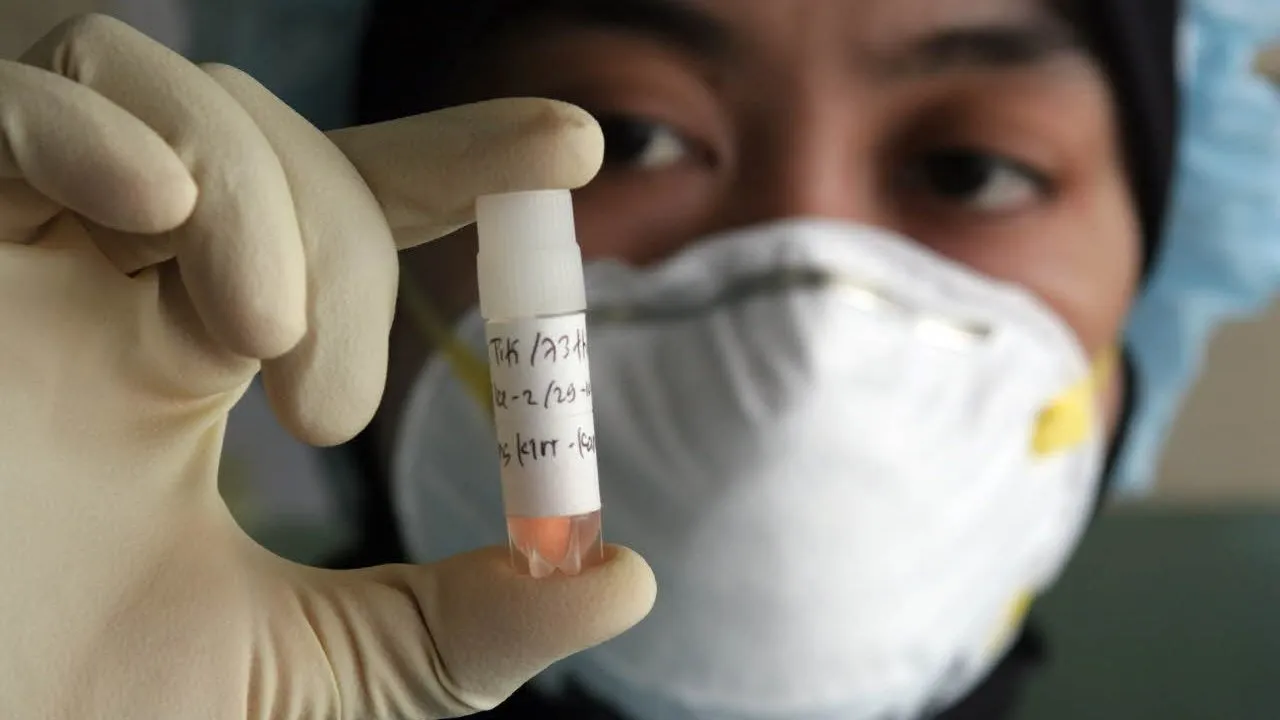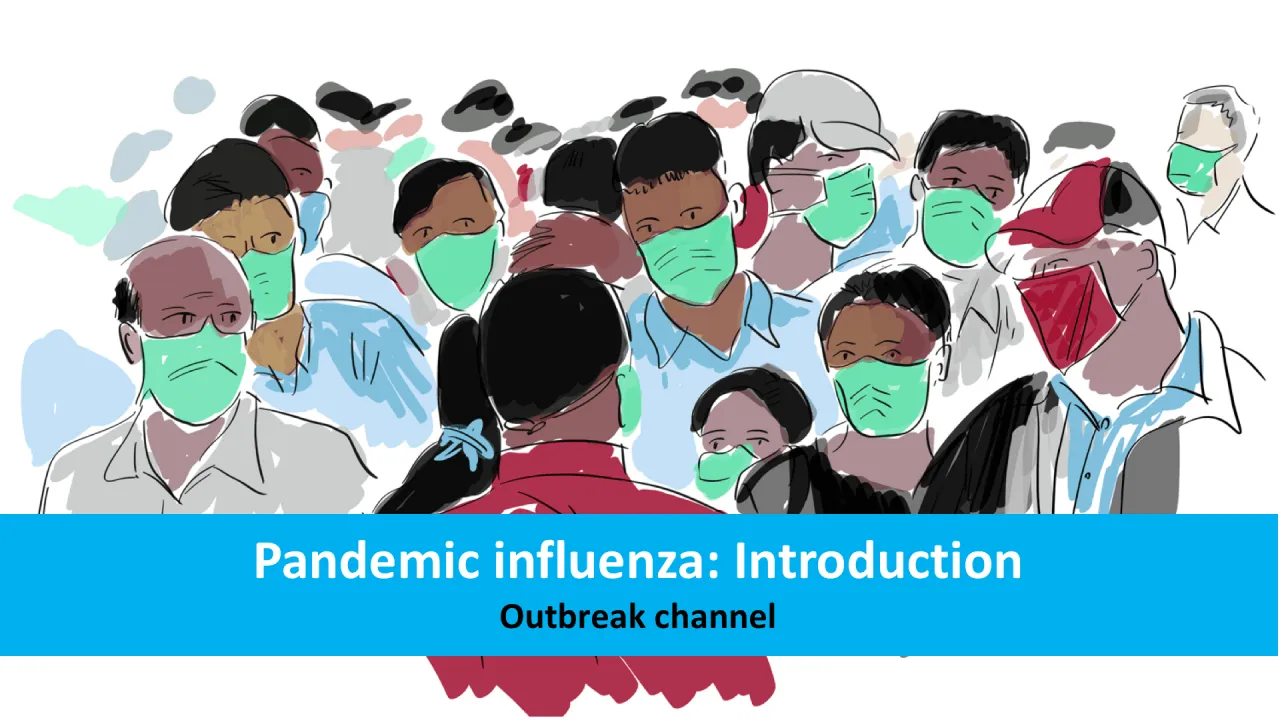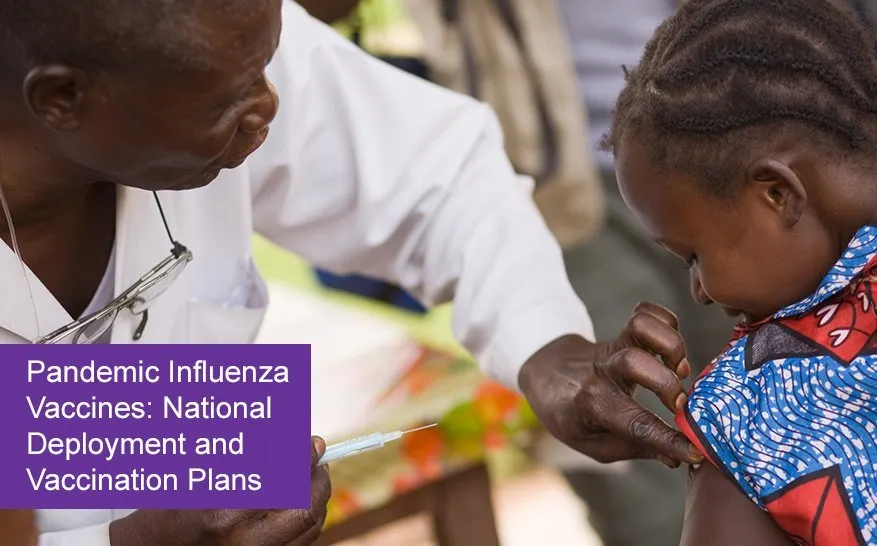
Global Disease Masterclass: Communicable Diseases Epidemiology Intervention and Prevention 
This course provides an in-depth exploration of four communicable diseases: HIV, Malaria, Emerging Infectious Diseases (Ebola and Zika), and TB. Through aetiology, epidemiology, data analysis, and policy development, participants will gain a comprehensive understanding of the interventions and prevention strategies for each disease. Expert reflections will provide a holistic view of the topic area. ▼
ADVERTISEMENT
Course Feature
![]() Cost:
Cost:
Free
![]() Provider:
Provider:
Coursera
![]() Certificate:
Certificate:
Paid Certification
![]() Language:
Language:
English
![]() Start Date:
Start Date:
29th May, 2023
Course Overview
❗The content presented here is sourced directly from Coursera platform. For comprehensive course details, including enrollment information, simply click on the 'Go to class' link on our website.
Updated in [March 06th, 2023]
This course provides an overview of the epidemiology, intervention and prevention of four communicable diseases: HIV, Malaria, Emerging Infectious Diseases (Ebola and Zika) and TB. It begins by exploring the aetiology and epidemiology of each disease, followed by an examination of the data available to understand important trends and patterns. The course then focuses on the interventions that can be used to address the diseases, including prevention and treatment, and considers how policies have been developed to address them. Finally, the course concludes with a reflection on the whole topic area of the disease with an external expert.
[Applications]
The application of this course could include using the knowledge gained to develop strategies for the prevention and control of communicable diseases. This could include developing public health policies, designing interventions, and creating educational materials. Additionally, the course could be used to inform research projects and to develop new methods for the surveillance and monitoring of communicable diseases. Finally, the course could be used to inform the development of new technologies and treatments for communicable diseases.
[Career Paths]
1. Disease Surveillance Officer: Disease surveillance officers are responsible for monitoring and tracking the spread of infectious diseases. They collect and analyze data from a variety of sources, such as laboratory tests, medical records, and public health surveys, to identify trends and patterns in the spread of disease. They also work with public health officials to develop strategies for preventing and controlling the spread of disease. The development of new technologies and data sources has made this role increasingly important in recent years, and the demand for disease surveillance officers is expected to continue to grow.
2. Infectious Disease Epidemiologist: Infectious disease epidemiologists study the spread of infectious diseases and the factors that influence their transmission. They use data from laboratory tests, medical records, and public health surveys to identify trends and patterns in the spread of disease. They also work with public health officials to develop strategies for preventing and controlling the spread of disease. As the world becomes increasingly interconnected, the demand for infectious disease epidemiologists is expected to grow.
3. Public Health Educator: Public health educators are responsible for educating the public about health issues and promoting healthy behaviors. They develop and implement educational programs and materials to help people understand the risks associated with infectious diseases and how to protect themselves. They also work with public health officials to develop strategies for preventing and controlling the spread of disease. As the world becomes increasingly interconnected, the demand for public health educators is expected to grow.
4. Infectious Disease Policy Analyst: Infectious disease policy analysts are responsible for analyzing the impact of public health policies on the spread of infectious diseases. They use data from laboratory tests, medical records, and public health surveys to identify trends and patterns in the spread of disease. They also work with public health officials to develop strategies for preventing and controlling the spread of disease. As the world becomes increasingly interconnected, the demand for infectious disease policy analysts is expected to grow.
[Education Paths]
1. Master of Public Health (MPH): This degree focuses on the application of public health principles to the prevention and control of communicable diseases. It covers topics such as epidemiology, biostatistics, health policy, health services administration, and environmental health. Developing trends in this field include the use of data science and artificial intelligence to better understand and predict the spread of communicable diseases, as well as the use of digital health technologies to improve access to healthcare.
2. Master of Science in Infectious Disease (MSID): This degree focuses on the study of infectious diseases, including their causes, transmission, diagnosis, treatment, and prevention. It covers topics such as immunology, microbiology, epidemiology, and public health. Developing trends in this field include the use of genomics and bioinformatics to better understand the biology of infectious diseases, as well as the use of digital health technologies to improve access to healthcare.
3. Doctor of Philosophy in Epidemiology (PhD): This degree focuses on the study of the distribution and determinants of health-related states or events in specified populations, and the application of this study to the control of communicable diseases. It covers topics such as biostatistics, epidemiologic methods, and public health. Developing trends in this field include the use of big data and machine learning to better understand and predict the spread of communicable diseases, as well as the use of digital health technologies to improve access to healthcare.
4. Doctor of Public Health (DrPH): This degree focuses on the application of public health principles to the prevention and control of communicable diseases. It covers topics such as epidemiology, biostatistics, health policy, health services administration, and environmental health. Developing trends in this field include the use of data science and artificial intelligence to better understand and predict the spread of communicable diseases, as well as the use of digital health technologies to improve access to healthcare.
Pros & Cons

Great teachers

Ample and extensive material

WHO interactive maps and data sheets

Some links to external sources outdated

Quizzes have wrong answers

Some recommended documents and videos no longer available
Course Provider

Provider Coursera's Stats at AZClass
Discussion and Reviews
0.0 (Based on 0 reviews)
Explore Similar Online Courses

R Programming in Data Science: High Variety Data

Data Communications and Network Services

Python for Informatics: Exploring Information

Social Network Analysis

Introduction to Systematic Review and Meta-Analysis

The Analytics Edge

DCO042 - Python For Informatics

Causal Diagrams: Draw Your Assumptions Before Your Conclusions

Whole genome sequencing of bacterial genomes - tools and applications

Pandemic and epidemic-prone diseases

Pandemic influenza: Introduction


Start your review of Global Disease Masterclass: Communicable Diseases Epidemiology Intervention and Prevention